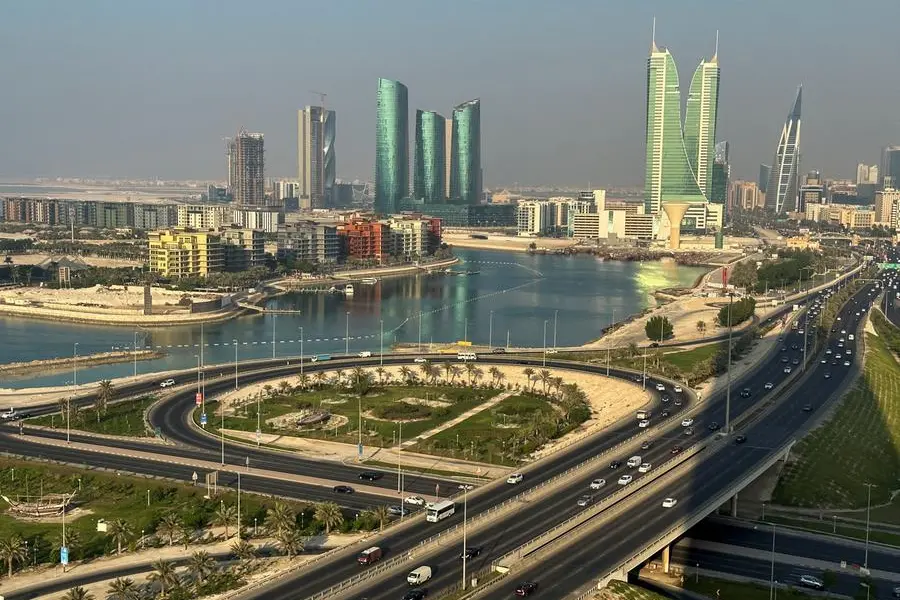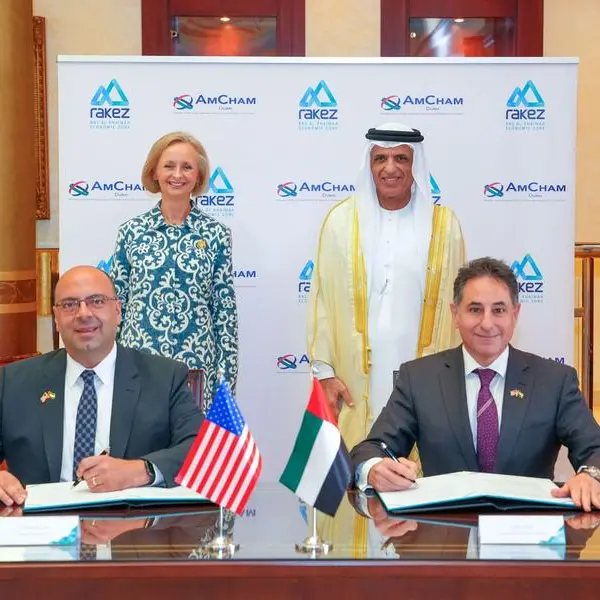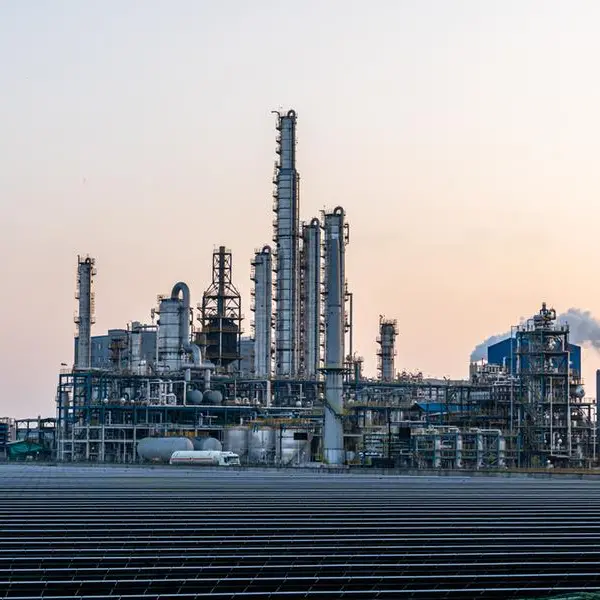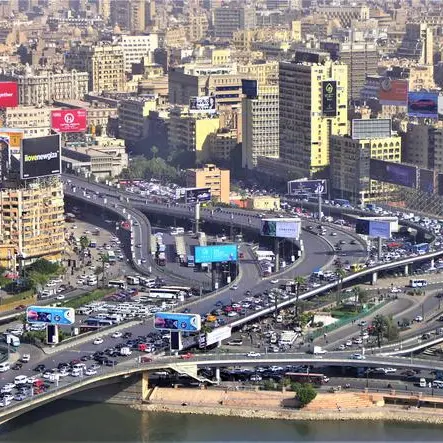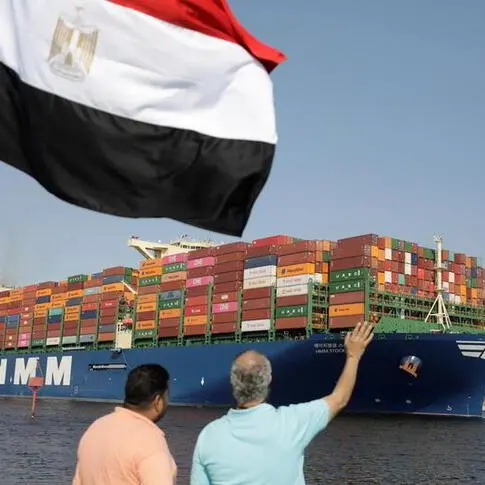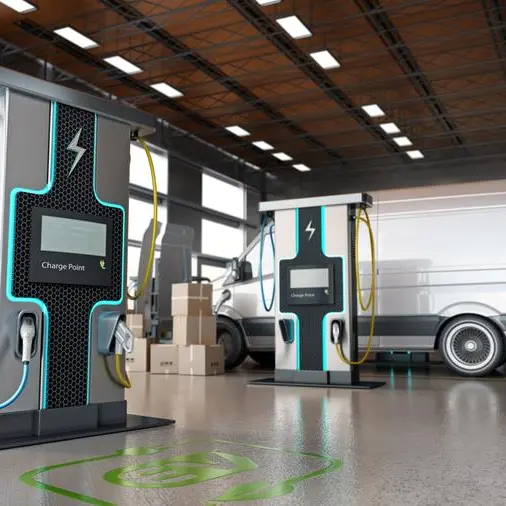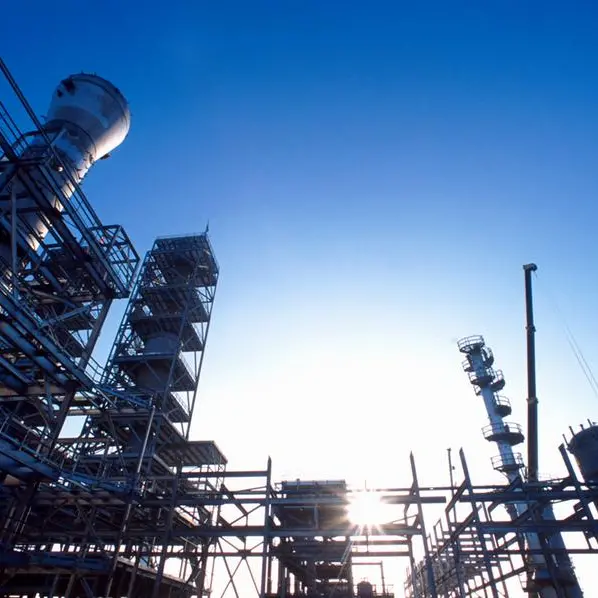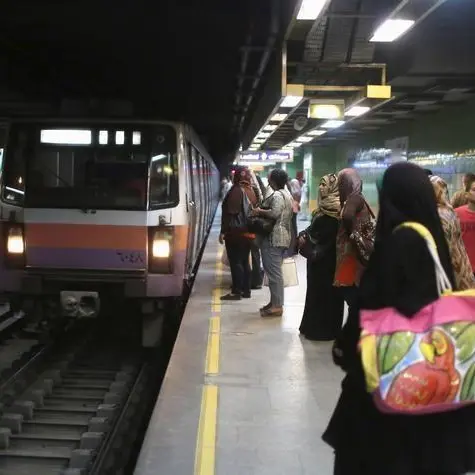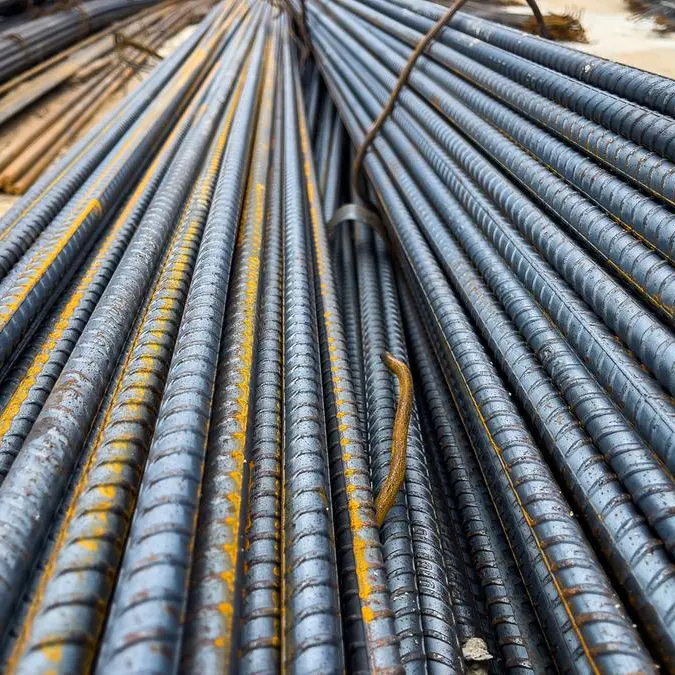PHOTO
Bahrain's first dedicated nappy factory could be among a range of manufacturing opportunities available to investors as the kingdom opens up to presenting itself as a base for niche and specialist operations.
A proposal to offer government plots and properties to private bidders who can come up with innovative projects was unanimously approved by the Southern Municipal Council yesterday.
Amongst the ideas suggested by councillors were bases for toothpaste production, disposable blades and razors, surgical equipment such as scissors, cutters, knives, scalpels, lancets, bistouries, stitching needles, as well as disposable nappies for both children and adults suffering incontinence, mobility impairment, or dementia.
Proposal
The proposal is the brainchild of Southern Governorate constituency eight (Al Dur, Askar, Jaw, South East Riffa, Riffa Views and Awali) councillor Ali Al Shaikh. “Unique and specialist investments will open up a niche market for Bahrain,” said Mr Al Shaikh. “I am not suggesting that people shouldn’t invest in common commodities and consumer products, but Bahrain has to stand out with innovative ideas that will get it noticed,” he added.
“Out-of-the-box concepts bring in business and Bahrain has to start listing potential untapped markets and carrying out feasibility studies for them.
“Topping the type of investments that Bahrain could enter in are factories for baby and adult nappies, which are much in demand and are not currently catered for here.
“Other proposals to explore include the manufacture of toothpastes, disposable blades and razors, surgical equipment such as scissors, cutters, knives, scalpels, lancets, bistouries and stitching needles.”
He claimed that Chinese products were flooding the market, some of poor quality or not suited to the needs of the region.
It is understood that baby nappies, for a top brand, were manufactured on the island from 2016 but ceased for commercial reasons last year. One unique option would be to recycle absorbent hygiene products (AHP), as nappies, incontinence pads and feminine hygiene products are known.
Experts suggest the plastic from recycled disposable nappies can be used to make school desks and urban playgrounds, cellulose can become viscose fabric or speciality paper, and super-absorbent polymer can be used in gardening and flood barriers.
“Bahrain could customise needs to match demand for better quality products,” believes Mr Al Shaikh. “When there are numerous options, it means that Bahrain is on the right track.”
Bahrain launched an electronic platform, https://investmentland.gov.bh/ in March last year, in which government land and property were offered to interested bidders.
As part of the first phase in March, 20 properties were listed on the platform – 10 for commercial, three for education, four for recreation and the remaining three were listed under the ‘general’ category. Now, there are six properties listed – with two each in the Southern and Northern Governorates and one each in the Capital Muharraq Governorates.
“There are much more properties that could be offered, the platform is updated monthly,” said council chairman Abdulla Abdullatif.
“The Southern Governorate alone has a vast number of empty plots that could have environmentally-friendly factories on them,” he added. “To attract local, regional and international investors, Bahrain has to present things that are interesting.
“Having such products manufactured here means that Bahrain would be getting a share of growing niche markets – of course, if it acts fast.”
The proposal will be now reviewed by the Cabinet.
Finance and National Economy Minister Shaikh Salman bin Khalifa Al Khalifa announced at an end-of-the-year media conference in December last year that the pace of economic recovery in Bahrain is accelerating as the government pushes forward with future initiatives, schemes, programmes and projects.
The government’s Economic Recovery Plan includes more than $30 billion of investments in strategic projects, 20,000 new jobs for Bahrainis annually until 2024, an annual programme to train 10,000 Bahrainis and a bid to attract $2.5bn of foreign direct investment (FDI) by 2023.
Copyright 2022 Al Hilal Publishing and Marketing Group Provided by SyndiGate Media Inc. (Syndigate.info).
